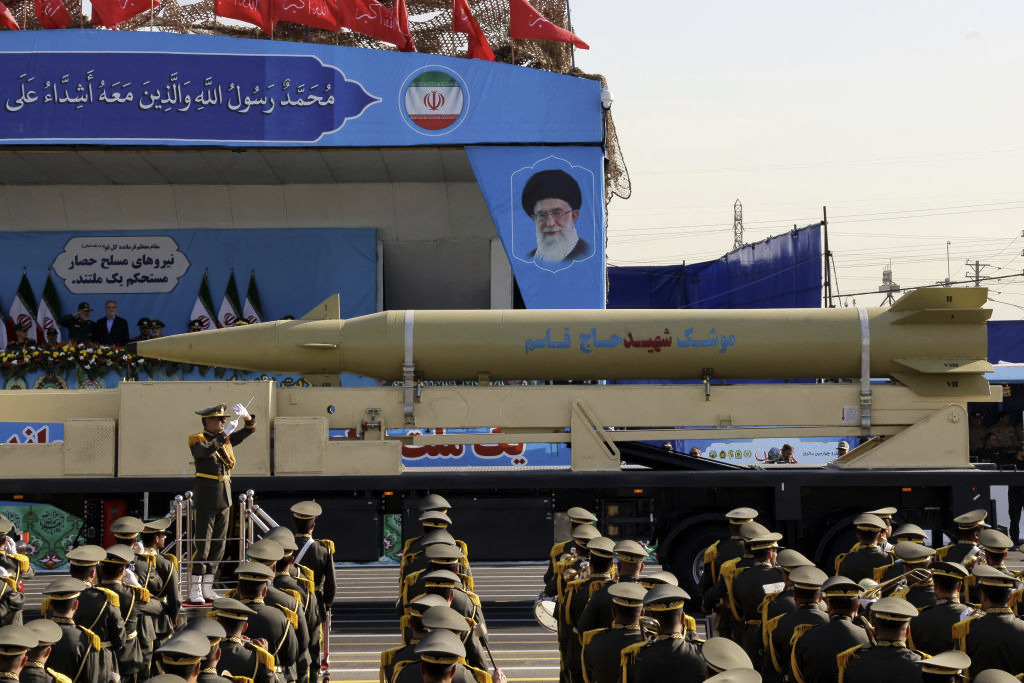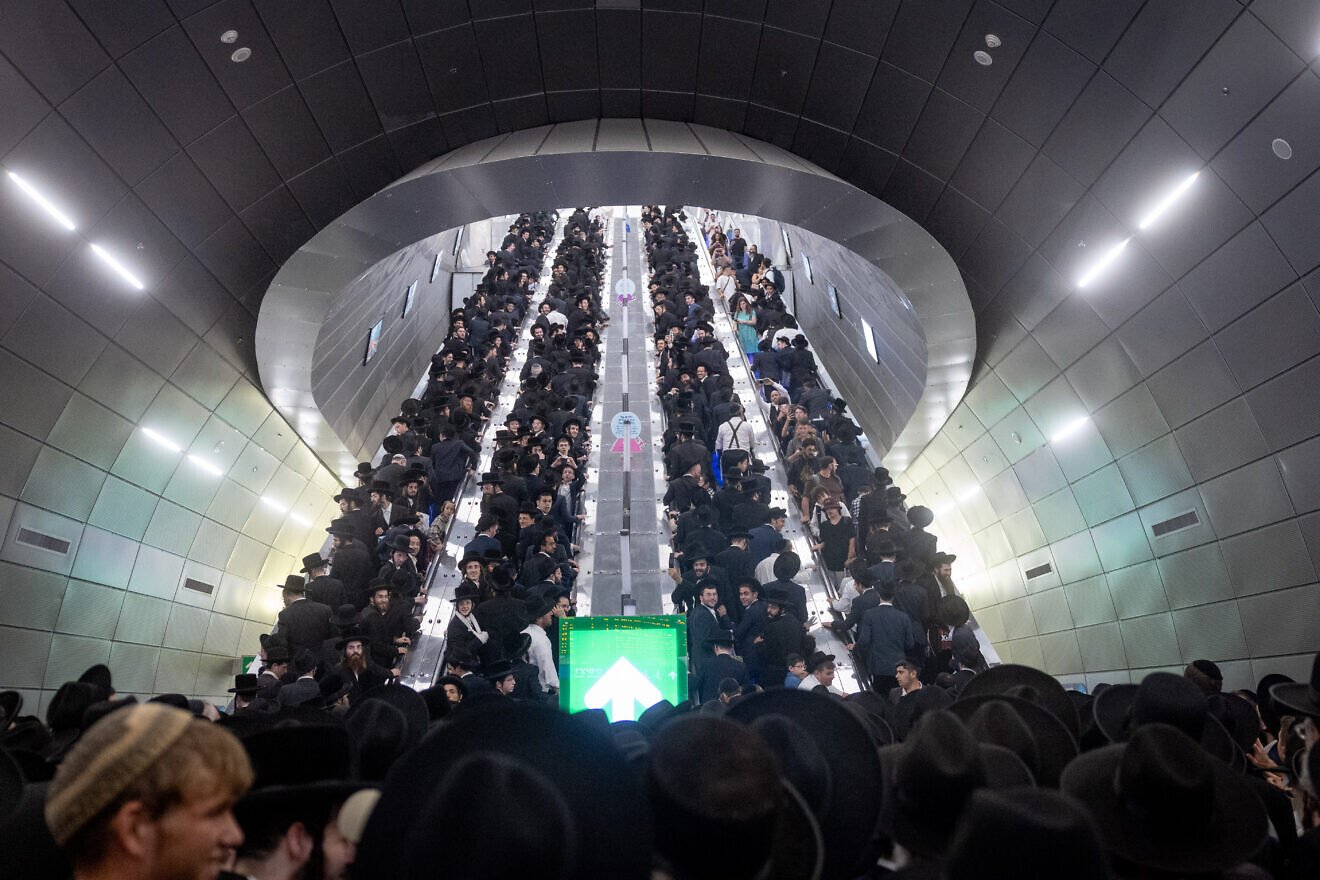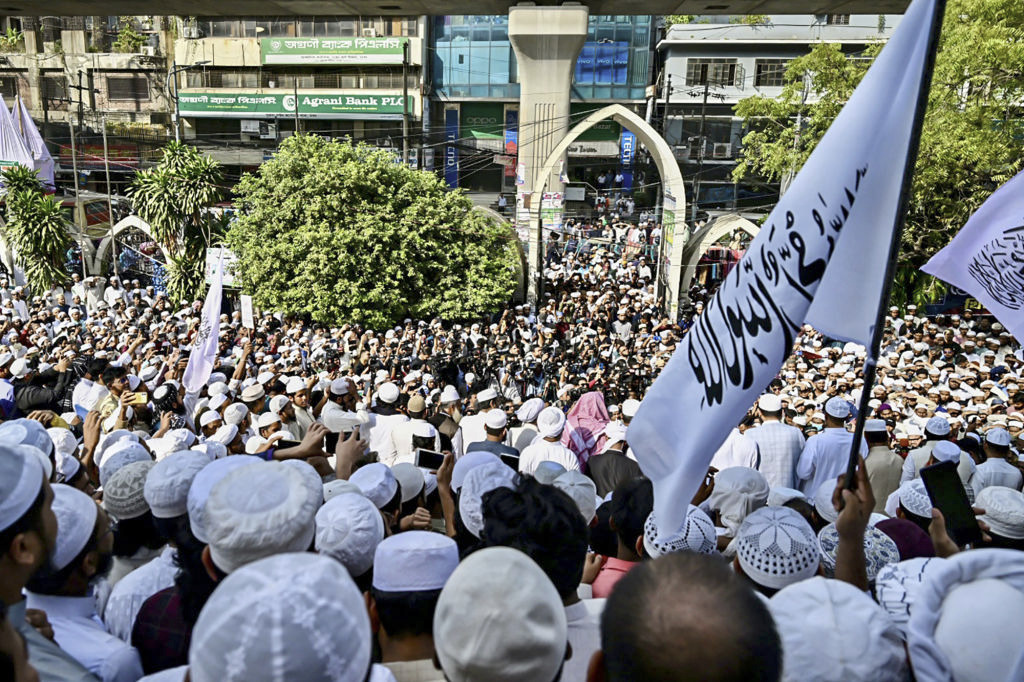by Fred Fleitz
Trump’s Gaza peace plan, once doubted, swiftly freed all surviving Israeli hostages — a major win now threatened by Hamas’s resistance to disarmament and European meddling
Despite some setbacks, President Trump’s 20-point Gaza peace plan has been an unprecedented success because it quickly achieved its most important objective: the release of all live Israeli hostages held by Hamas. The U.S. and its Arab allies are working hard to pressure Hamas to agree to implement the rest of the deal to achieve a lasting Middle East peace. Trump officials will also be pressing European states to fully support the plan and not undermine it.
The quick release of the Israeli hostages was considered impossible just a few weeks ago and reflected the high priority that President Trump and Prime Minister Netanyahu placed on quickly saving the lives of these hostages while hammering out the details of other aspects of the agreement later.
The agreement also includes a cease-fire and a humanitarian aid surge in the first stage. Both were achieved, but they are at risk due to Hamas’s attacks on Israeli forces and its failure to return all the bodies of deceased hostages.
After Israel’s recent retaliation against Hamas’s violations of the cease-fire with heavy airstrikes on October 29, Israeli officials said they were resuming the cease-fire. Hamas handed over two bodies the next day, which it claimed were the remains of deceased Israeli hostages.
Hamas is resisting critical security-related elements of Phase Two of the peace plan. Hamas leaders have not given a clear answer on whether their forces will disarm. Some are insisting that Hamas fighters must be permitted to keep their “personal weapons.” In addition, the quick action by Hamas fighters to occupy the 45% of Gaza evacuated under the plan by Israel Defense Forces and their subsequent execution of supposed collaborators in these areas does not bode well for whether Hamas will ever agree to disarm and cede control of these areas to an International Stabilization Force (ISF).
Hamas leaders are also bickering with Arab mediators over the Phase Two provisions on post-war administration of Gaza and the ISF. Under the peace plan, Hamas is to play no role in these efforts, and the Palestinian Authority will be included only after it reforms. Hamas is insisting on a post-war role in governing Gaza and wants a so-called “inclusive Palestinian national framework” that includes all Palestinian factions, including Hamas and the Palestinian Authority, to negotiate post-war governance and security agreements. Hamas also rejects the ISF because it claims it will be a pawn of the United States and Israel, even though this force is expected to be composed of a neutral Palestinian police and troops from Egypt, Indonesia, Azerbaijan, several other Muslim states, and possibly Turkey. In addition, Hamas leaders have also demanded that the ISG only be deployed on Gaza’s borders with Israel.
Hamas is under intense pressure from Arab states, especially Qatar and Turkey, to drop these objections to the peace plan. Given how significantly Iran, Hamas’s principal sponsor, has been weakened and the solid support for the peace plan by Arab states, Hamas leaders are isolated in their resistance to the plan. In addition, President Trump has been clear that if Hamas refuses to disarm and cooperate with the peace plan, the United States will support Israel continuing the war to destroy Hamas.
A significant obstacle to implementing the rest of the 20-point plan and convincing Hamas to disarm is the delay in the deployment of the International Stabilization Force. Several states are resisting volunteering troops for the ISG because they do not want to get involved in a war with Hamas. Some states have indicated that their forces will not forcibly disarm Hamas. Others have said they will not participate in the ISF unless Hamas agrees to cooperate with it in advance.
In addition, the Israeli government wants a veto over which states participate in the ISF and reportedly has ruled out troops from Turkey and Qatar.
Axios reported on October 30 that the U.S. has been involved in sensitive talks to establish the ISF and hopes to have a plan ready in the next few weeks. U.S. Central Command is taking the lead in drafting the plan, which will include a new Palestinian police force that will be trained and vetted by the U.S., Jordan, and Egypt, and troops from Arab and Muslim countries. Although the plan reportedly will call for deploying the ISF throughout Gaza with Hamas’s support, if Hamas refuses to agree to the force, the ISF will initially be deployed to the southern area of Gaza that Hamas does not control to create a safe zone for rebuilding, according to the Axios report.
The peace plan also faces problems from counterproductive messages by some Western European leaders who primarily want to use it as a way to advance the creation of an independent Palestinian state instead of first pressuring Hamas to solidify the cease-fire, disarm, and halt its attacks against Israel.
Some European leaders also strongly disagree with excluding the Palestinian Authority from the interim governance of Gaza and the ISF without reform, because they claim reforms are unnecessary. One European diplomat told the author last weekend that his government will refuse to participate in the peace process under the 20-point plan unless the Palestinian Authority is immediately and fully involved in this process.
These positions by European leaders to second-guess and revise the fragile 20-point plan are not going to succeed because European states were not involved in negotiating the agreement, and the plan can be implemented without them. However, any public calls to change the plan by the UK, France, Germany, the Netherlands, and other European states will embolden Hamas’s leaders to make similar demands and refuse to cooperate with it.
During his visit to Israel last week, Vice President JD Vance said the cease-fire was “going better than expected” and warned that “if Hamas does not cooperate, it will be obliterated.” I believe this is the correct assessment and reflects that.
Trump administration officials knew Hamas was unlikely to fully comply with the agreement, if it complied at all.
But we’re not to that point yet. A shaky cease-fire continues to hold. Hamas just turned over more bodies of hostages. Qatar and Egypt are pressuring Hamas to disarm and cooperate with the peace deal. U.S. officials are working to organize and deploy the ISF. This needs to be done as soon as possible. And I am certain that Trump officials are telling European officials to keep their complaints about the peace plan to themselves.
The Trump 20-point peace plan is a bold initiative to resolve a complex dispute that goes back decades. Its complete success was always a long shot. But the priority of this plan was freeing the remaining hostages, which has been achieved. If Hamas refuses to disarm and continues to violate the cease-fire, Israel will resume the war with America’s support.
***
Fred Fleitz previously served as National Security Council chief
of staff, a CIA analyst, and a House Intelligence Committee staff
member. He is the vice chair of the America First Policy Institute’s
Center for American Security.
Source: https://amgreatness.com/2025/10/31/saving-trumps-gaza-peace-plan-from-hamas-and-the-europeans/










